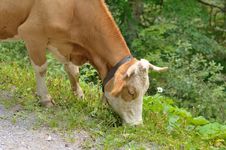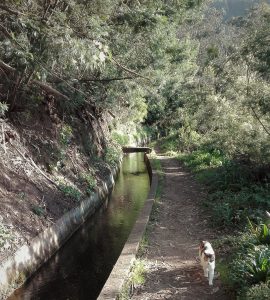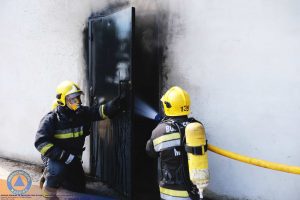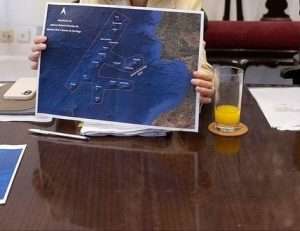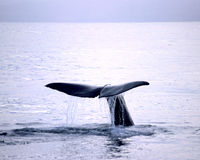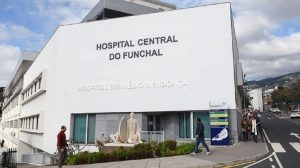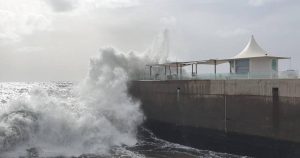The Specialised Committee on Environment, Climate and Natural Resources of ALRAM heard, this afternoon, the President of the Association of Shepherds of the Serras de Santo António, São Roque and Arieiro, José Gomes, in order to clarify issues relating to the parliamentary hearing, requested by the PSD, with the aim of “Evaluating and monitoring the current regime for the protection of natural and forest resources under Regional Legislative Decree No. 35/2008/M.”
In addition to listening to various entities about activities in forest areas, the initiative aims to assess whether there is a need to review the law in force.
The representative of the pastors began by mentioning that “more than pastoralism, it is the security of the city that is at stake,” claiming that “Funchal is at serious risk.”
He pointed out as main threats, the “lack of access to facilitate the fight against fires,” both for firefighters and shepherds “at the beginning of a possible fire.” He also said that there is a lack of cleaning next to the tanks built in the mountainous regions. “It is necessary to give conditions to the helicopter so that it can refuel,” he warned.
The lack of security and access was another reason given by shepherds for not leaving their cattle in the mountains. “Right now, as it is, I can’t provide security either to the shepherds and much less to the cattle,” he said.
Cattle can only enter after proper maintenance has been carried out, explained José Gomes, who was available to present “a preliminary project” that ensures in the first place the “safety of people and property. After this, we can leave our cattle to keep the areas clean.”
For this, the President of the Association of Shepherds of the mountains of Santo António, São Roque, and Arieiro asked for the support of the parish councils and the city council for the creation of a workable project.
José Gomes pointed out flaws in the way the reforestation of the Funchal mountains was carried out and the introduction of the broom, which according to the pastor was carried out in 1997 by the Regional Directorate of Forests. “At the time I drew attention to a crime they were committing. With the removal of cattle, the broom spread,” he stressed, defending the removal of this weed manually and not using machines, which disturbs the land, and, in case of rain, creates the necessary conditions to trigger rockfalls and landslides.
The representative of the shepherds understands that “reforestation in Funchal was also a failure due to the “introduction of resinous plants that drink a lot of water and deposit resins within the soil.” He said that the absence of studies led to the planting of “exotic trees on top of the springs that are killing everything around, including the Laurissilva; a unique species.”
About the Funchal fire strip, José Gomes understands that it is not meeting the initial objectives, also due to lack of cleaning.
The Association of Shepherds of the Serras de Santo António, São Roque, and Arieiro consider that the cattle can only return to the mountains after the paths and weeds have been cleaned. The association has been deactivated since 2003, but at “any time it can be reactivated,” if it is necessary to move forward with new projects. Eleven years ago there were 230 shepherds and approximately 500 head of cattle.
The Specialised Commission for the Environment, Climate and Natural Resources also intends to hear from the Institute of Forests and Nature Conservation, the Quercus Madeira Nucleus, the Association of Friends of the Funchal Ecological Park, and the Association of Cattle Breeders of the Serras do Poiso.
Views: 1

